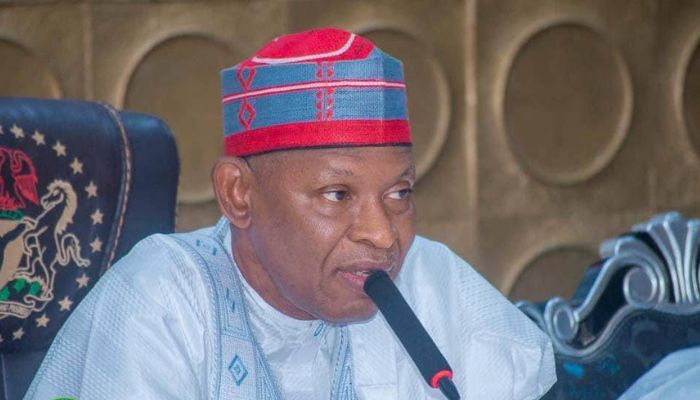CSOs urge Governor Abba Yusuf to fast-track domestication of Women Economic Empowerment Policy in Kano
Members of the civil society community in Kano have called on the administration of Governor Abba Kabiru Yusuf to expedite action on the domestication of the Women Economic Empowerment (WEE) Policy document, which they say has remained pending before the Kano State House of Assembly.
The stakeholders, drawn from various civil society organizations (CSOs), expressed concern that the continued delay in adopting the draft policy is undermining efforts to institutionalize gender-responsive budgeting practices in the state.
They made the call during a two-day advocacy workshop organized by the Bridge Connect Africa Initiative (BCAI), with support from the French Embassy Fund (FEF), held in Kano on Wednesday.
According to the participants, the domestication of the WEE Policy would strengthen institutional frameworks for women’s economic empowerment, expand financial inclusion initiatives, and enhance monitoring and evaluation mechanisms to ensure transparency, efficiency, and measurable impact.
Despite the adoption of the policy at the federal level, the CSO representatives lamented that budgetary allocations to WEE-related projects remain a negligible fraction of the Federal Government’s 2025 capital expenditure. This, they argued, raises doubts about the effectiveness of the policy in addressing persistent gender disparities in public spending across all levels of government.
Read also: Dev-Afrique lauds Kaduna’s N5bn Women Economic Empowerment policy implementation
The national WEE Policy identifies seven categories of women’s empowerment initiatives that should be captured in annual budgets by governments at all levels. The policy emphasizes that the largest allocations should go to grants, financial support, infrastructural development, training, and women’s empowerment programmes.
Speaking to BusinessDay on the sidelines of the workshop, Nathan Bako, Programme Lead for WEE at BCAI, explained that the meeting brought together over 30 executive directors and programme managers of CSOs engaged in women’s advocacy. He said the goal was to build a unified coalition to drive evidence-based advocacy for the domestication of the WEE Policy and promote women’s economic inclusion in Kano State.
“The workshop is designed to strengthen collaboration among CSOs so that we can collectively push for the policy’s domestication and advocate for more inclusive economic policies for women,” Bako stated.
He added that the sessions also provided a platform for participants to share experiences and strategies for scaling up ongoing campaigns against Gender-Based Violence (GBV).
Earlier, Fatima Musa Aliyu, Chief Operating Officer of BCAI, said the workshop aimed to help participating organizations reflect on and learn from each other’s practical experiences, successes, and challenges in both GBV and WEE advocacy.
“Participants are deepening their understanding of advocacy principles, forms, and success factors through case studies. They are also being equipped with practical skills for sourcing credible data to strengthen evidence-based advocacy,” she noted.
Stakeholders concluded by urging the Kano State Government and the State Assembly to prioritize the domestication of the WEE Policy to promote women’s participation in the state’s economic development agenda.

